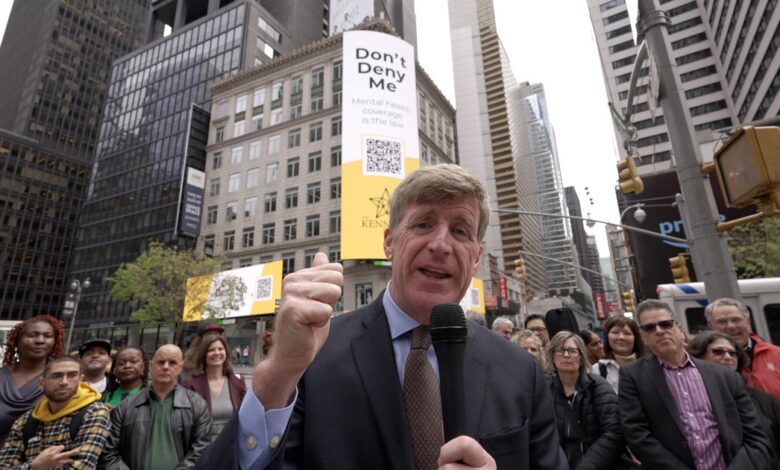Trump team faces key legal decision that could put mental health coverage in peril

The Trump administration is currently facing a decision that could impact millions of Americans’ access to mental health and addiction care. The administration has until May 12 to determine whether it will defend Biden-era regulations aimed at enforcing mental health parity, which requires insurers to cover mental health and addiction treatment on par with physical health treatments.
The regulations in question were issued last September and represent a culmination of nearly two decades of advocacy to ensure equitable coverage for mental health care. Two key provisions in the regulations require insurers to provide meaningful benefits for mental health conditions, as they do for physical conditions, and to measure how their policies work in practice to ensure fairness.
However, a trade association representing large employers, including Fortune 500 companies like PepsiCo and Comcast, has filed a lawsuit claiming that the regulations overstep the administration’s authority and could increase costs for employers. The lawsuit puts the onus on the Trump administration to decide whether to defend the regulations or rescind them.
Mental health advocates are urging the administration to uphold the regulations, emphasizing the importance of mental health parity in improving public health outcomes. They argue that lack of access to mental health care can have far-reaching consequences, including negative impacts on physical health and increased costs for taxpayers.
While the debate around parity issues continues, the focus on outcomes in the new regulations has sparked controversy. Some argue that the real issue lies in the shortage of mental health care providers, while others point to low insurance reimbursements as a barrier to access.
Ultimately, the decision the Trump administration makes regarding the regulations will have significant implications for mental health care in the United States. Advocates stress the importance of enforcing parity to ensure equitable access to mental health services and improve overall public health outcomes.




